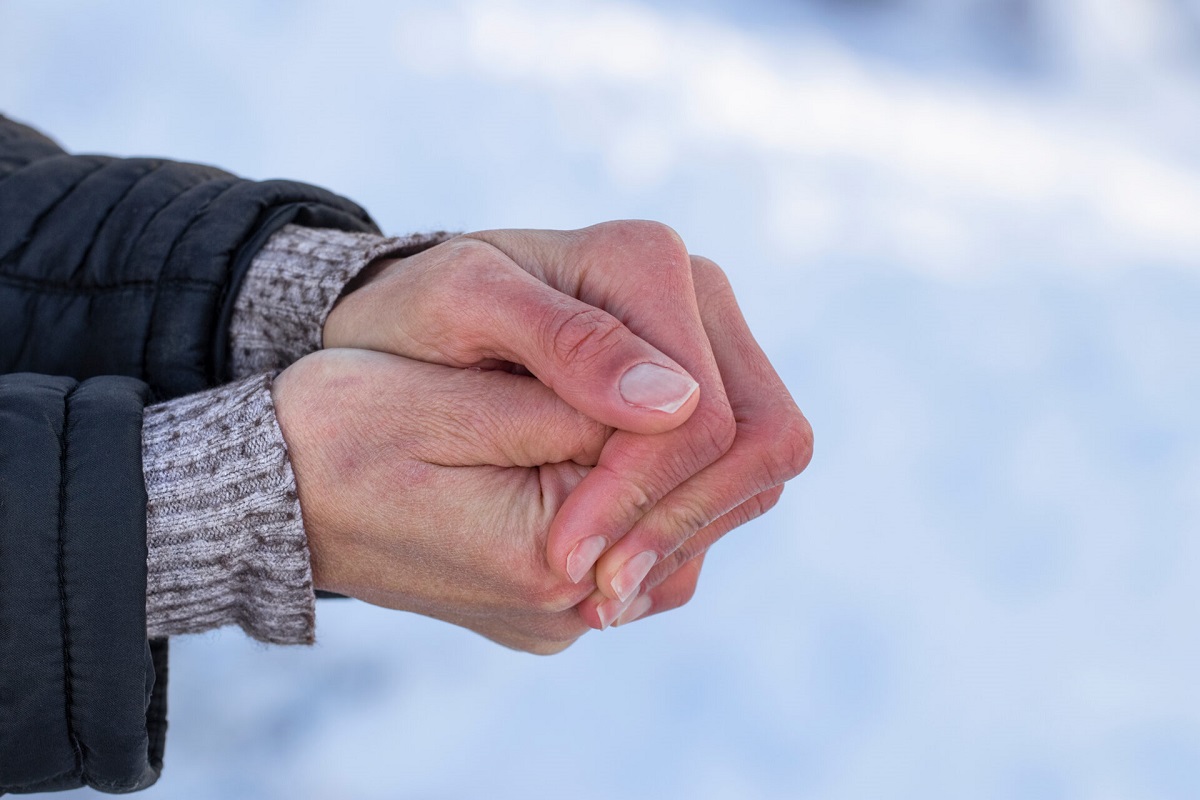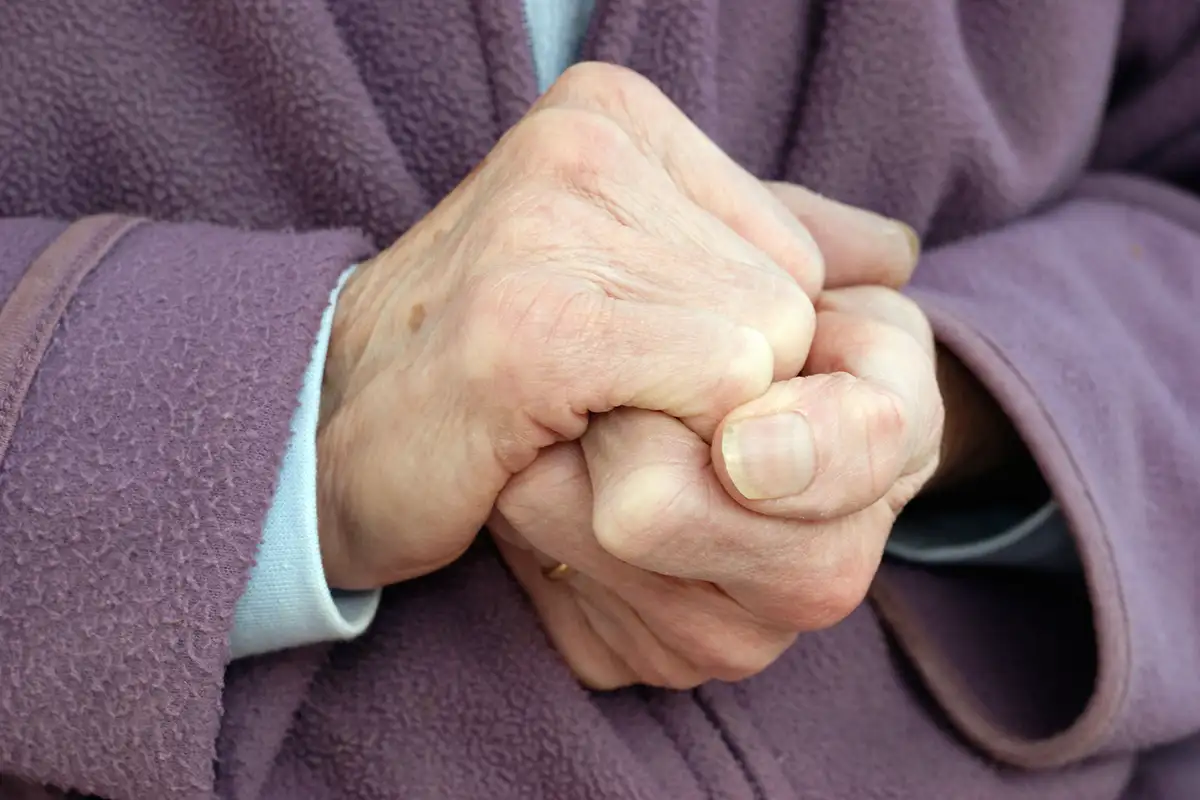7 Reasons Of Cold Hand: When Are Cold Hands A Sign Of A Health Problem?

Reasons Of Cold Hand: Cold hands are a common occurrence, especially in chilly environments or during winter. However, when the condition persists, occurs frequently, or develops suddenly after the age of 30, it may be a sign of an underlying health issue.
Recognizing these warning signs is crucial for timely medical intervention.
7 Reasons Of Cold Hand; Causes Of Cold Hands
1. Raynaud’s Disease

Reasons Of Cold Hand, Raynaud’s disease is a condition where blood vessels in the fingers and toes spasm in response to cold or stress. This leads to restricted blood flow, causing the affected areas to turn white or blue.
Symptoms: Numbness, tingling, and changes in skin color.
When To Worry: If episodes are frequent and severe, consulting a healthcare provider is essential.
2. Anemia
A deficiency of red blood cells or hemoglobin can lead to poor circulation, often causing cold hands.
Symptoms: Fatigue, dizziness, and pale skin.
Diagnosis: Blood tests to check hemoglobin levels.
3. Hypothyroidism
An underactive thyroid gland reduces the body’s metabolic rate, leading to sensitivity to cold.
Symptoms: Dry skin, weight gain, and fatigue.
Treatment: Hormone replacement therapy can manage this condition effectively.
4. Diabetes

Diabetes, particularly when poorly managed, can cause nerve damage (neuropathy) and circulation issues, leading to cold extremities.
Symptoms: Numbness or tingling in hands and feet, frequent urination, and blurred vision.
When To See A Doctor: If cold hands are accompanied by other symptoms of neuropathy or high blood sugar.
5. Peripheral Artery Disease (PAD)
PAD occurs when arteries become narrowed due to plaque buildup, reducing blood flow to extremities.
Symptoms: Leg pain while walking, slow-healing wounds, and cold hands or feet.
Risk Factors: Smoking, high cholesterol, and diabetes.
6. Chronic Stress Or Anxiety
Prolonged stress or anxiety triggers the release of adrenaline, which can cause blood vessels to constrict, leading to cold hands.
Symptoms: Rapid heart rate, excessive sweating, and muscle tension.
Management: Stress-reduction techniques such as meditation or therapy.
7. Vitamin B12 Deficiency

A lack of vitamin B12 can affect nerve health and circulation.
Symptoms: Tingling, numbness, and weakness.
Dietary Sources: Meat, fish, dairy, or supplements.
When To Consult A Doctor
Cold hands are generally not a cause for concern. However, medical attention is necessary if you experience the following:
Persistent cold hands despite being in a warm environment.
Skin discoloration (white, blue, or red).
Accompanying symptoms like numbness, fatigue, or slow wound healing.
Sudden onset of cold hands after the age of 30.
Preventive Measures
Keep Warm
Use gloves or hand warmers in cold weather. Layer clothing to maintain body heat.
Stay Active
Regular physical activity improves blood circulation and keeps extremities warm.
Manage Stress
Engage in activities like yoga, mindfulness, or deep-breathing exercises to reduce stress.
Maintain A Healthy Diet
Include iron-rich foods and vitamin B12 in your meals to promote better circulation.
Conclusion
Cold hands are often harmless, but persistent or recurrent episodes, particularly with additional symptoms, should not be ignored. Early detection and management of underlying conditions such as Raynaud’s disease, anemia, or hypothyroidism can improve quality of life and prevent complications.
Also Read:
The 5 Common Myths About The Common Cold
The 7 Health Benefits Of Cold Showers: A Comprehensive Overview
Winter Hair Hydration: Protecting Your Locks During The Cold Months




